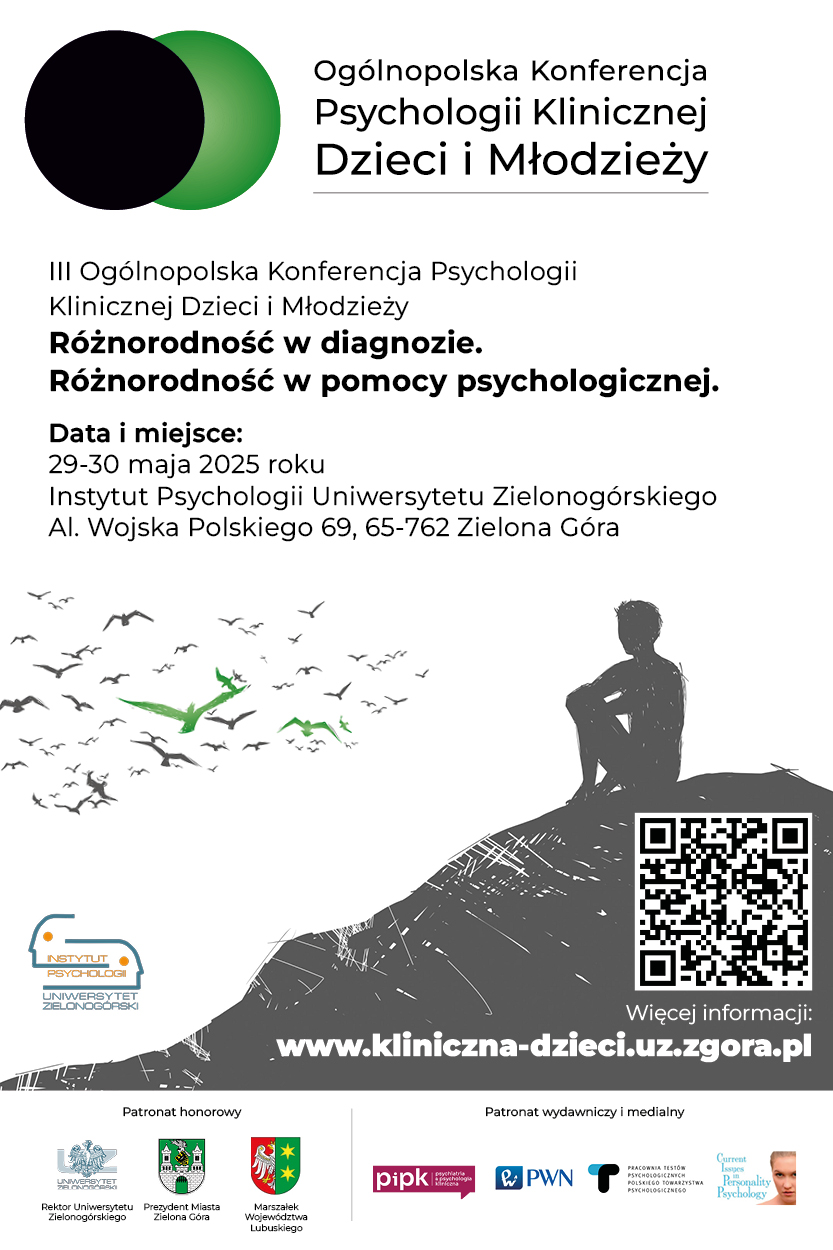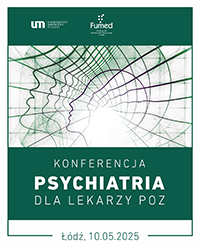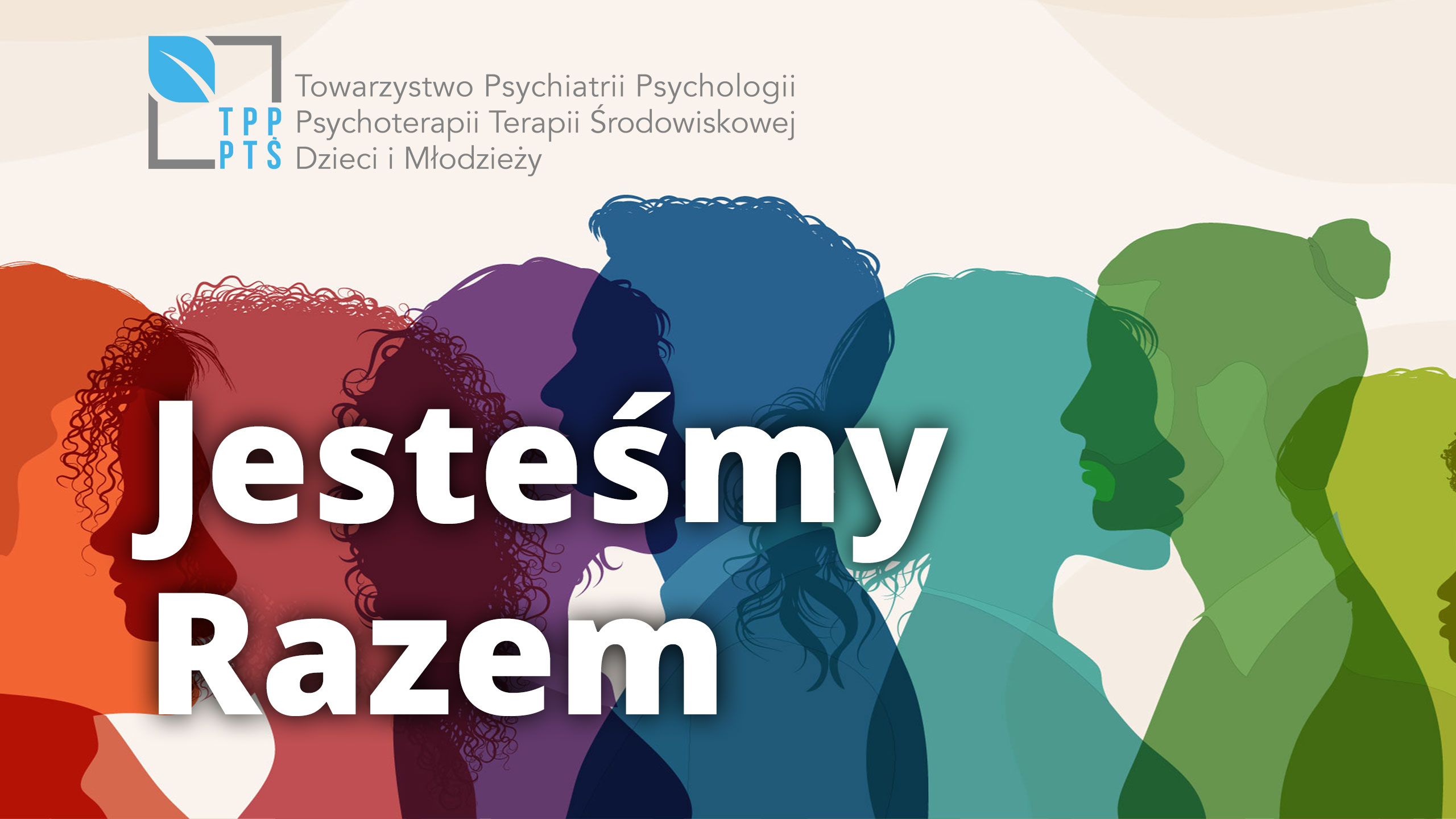Factors predicting health-related quality of life in breast cancer survivors: the role of sense of coherence
Marcin J. Jabłoński1, Beata Mirucka2, Joanna Streb3, Agnieszka J. Słowik3, Robert Jach4
 Affiliacja i adres do korespondencji
Affiliacja i adres do korespondencjiAim: The prospective analysis of sense of coherence (SOC) and health-related quality of life (HRQOL) correlations in breast cancer survivors in the first year after surgery and the evaluation of the prognostic value of SOC for HRQOL. Method: Thirty-nine women aged from 34 to 68 years (mean = 55.92, standard deviation, SD = 8.84) completed the following surveys: the core European Organisation for Research and Treatment of Cancer (EORTC) QLQ-C30 and the supplement BR23 for HRQOL, and the Life Orientation Questionnaire, SOC-29 for SOC. Data were collected twice: once in the third month after breast surgery (t1: sociodemographic, SOC and HRQOL), and once nine months later (t2: HRQOL). Results: The mean SOC was 141.13 (SD 24.17). The average global health status and overall quality of life (GHS/QOL) was 59.82 (SD 23.47) in t1 and 55.36 (SD 22.93) in t2. A significant decrease in cognitive functioning and an increase in the severity of breast symptoms between t1 and t2 were reported. The results showed several positive correlations between SOC and functional scales of EORTC QOL questionnaires, suggesting the predictive value of meaningfulness for cognitive and emotional functioning of breast cancer survivors. Conclusion: The data obtained give a new insight into the issue of adaptation to cancer and suggest that sense of coherence may play a role in cognitive and emotional functioning in the first year of cancer treatment. Implications for psychosocial care providers: The results suggest the need for active screening and management of cognitive impairments and emotional problems as well as for breast-related symptoms in the first year of cancer therapy. All psychosocial interventions that can empower generalised resistance resources, which are mediated by SOC, may be recommended for better HRQOL in breast cancer survivors.






















